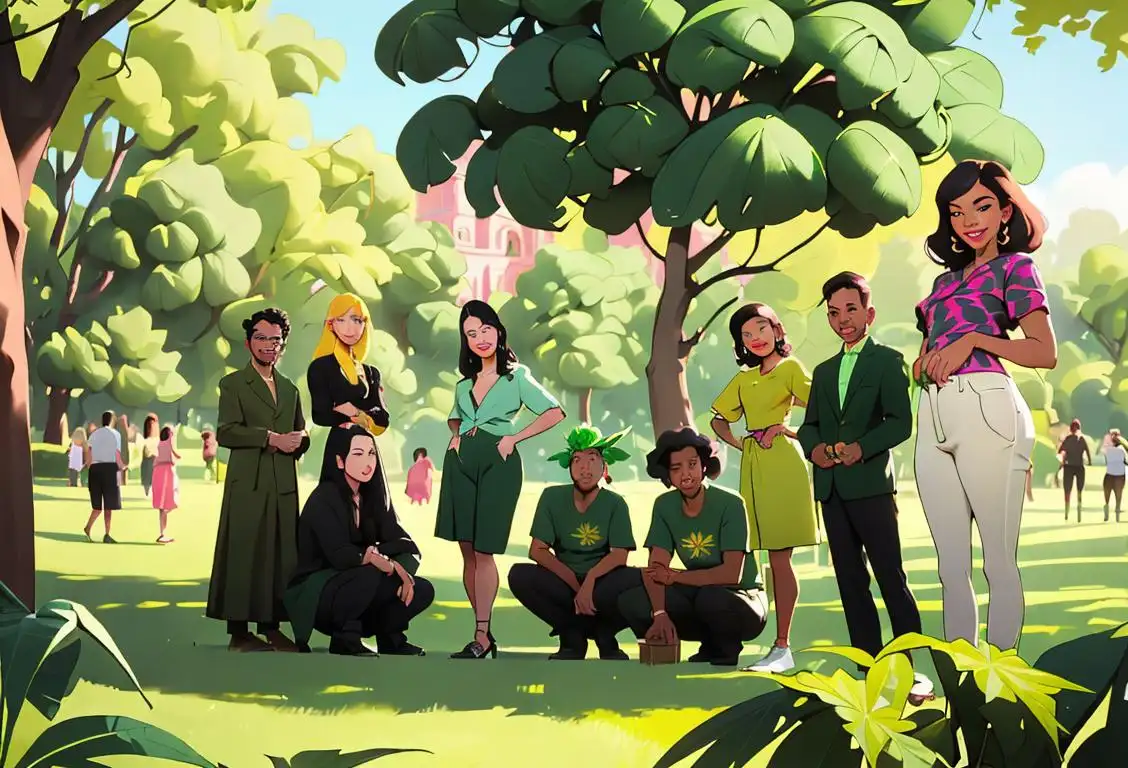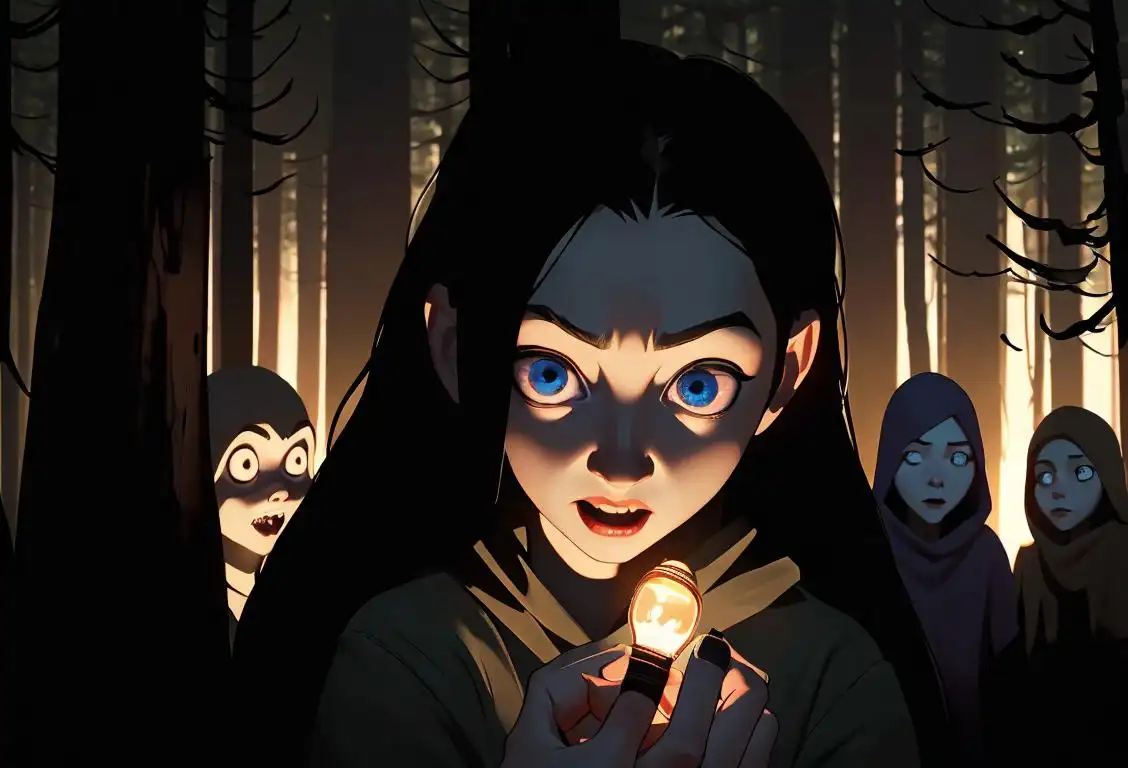National Cannabis Day

Ah, National Cannabis Day! The perfect excuse to roll up your sleeves and celebrate the fragrant and fabulous world of all things related to cannabis. Whether you're a seasoned enthusiast or just curious about the wondrous herb, this day is dedicated to appreciating its effects, medicinal benefits, and cultural significance. So, get ready to dive deep into the mysterious and captivating world of cannabis!
When is Cannabis Day?
It's national cannabis day on the 18th September.
The Origin of National Cannabis Day
Believe it or not, the roots of National Cannabis Day can be traced back to the marvelous expanse of the internet. On September 18, 2020, the online world buzzed with a whopping 210 mentions of this celebrated day. It became a momentous event as enthusiasts, activists, and weed-loving netizens alike united to honor the herb that has inspired artists, philosophers, and cat meme creators throughout history.
However, it's important to note that National Cannabis Day doesn't have a clear-cut historical origin like some other national days. It's more of an organic celebration born out of the collective love and appreciation for the magical plant.
Celebrating National Cannabis Day
There are plenty of ways to partake in the festivities of National Cannabis Day, depending on your preference and location. Some people may choose to organize educational events to bring awareness to the medicinal benefits of cannabis, while others may simply gather with friends for a smoke-filled afternoon of relaxation and good vibes.
If you're looking for a more low-key celebration, you could spend the day exploring the fascinating history of cannabis on the internet. Dive into cyber space and discover the various strains, cultivation techniques, and mind-blowing transformations this humble plant has undergone over the centuries.
Did You Know?
Did you know that cannabis usage dates back thousands of years? Archaeologists have discovered evidence of cannabis consumption as early as 2,500 years BCE! Talk about a long-standing tradition. It seems that humans have always been intrigued by the herb's effects and potential.
History behind the term 'Cannabis'
4000 BCE
Ancient Beginnings
Cannabis has been used for thousands of years, with evidence of its cultivation dating back to ancient China and Taiwan around 4000 BCE. The term 'cannabis' stems from the Greek word 'kánnabis', which is believed to have been borrowed from earlier Semitic languages like Hebrew and Aramaic.
1611
The King James Bible
The term 'cannabis' gained popularity and recognition in the English language due to the translation of the Bible known as the King James Version. In this translation, the Hebrew word 'kaneh-bosm', which is believed to refer to cannabis, was erroneously rendered as 'calamus'.
1768
Linné's Botanical Classification
The famous Swedish botanist Carl Linnaeus, also known as Carolus Linnaeus, formally classified and named the cannabis plant 'Cannabis sativa' in his publication 'Species Plantarum'. This marked an important step in the establishment of the term 'cannabis' as the standardized botanical name.
1890
Cannabis in Pharmacology
Cannabis gained significant attention in the field of pharmacology during the late 19th century. The term 'cannabis' became associated with the plant's psychoactive properties and the use of cannabis-based medicines for various ailments. This era shaped the modern understanding of cannabis as a medicinal substance.
1930s
Weed, Reefer, Marijuana
During the 1930s, the term 'cannabis' went through a period of rebranding as part of a negative campaign against its use. The drug was associated with Mexican immigrants, and terms like 'weed,' 'reefer,' and 'marijuana' became more commonly used to evoke racial stereotypes and stigmatize cannabis consumption.
1970s
War on Drugs and Cannabis
The term 'cannabis' and its various derivatives continued to be used through the 20th century, but with the introduction of the U.S. Controlled Substances Act in the 1970s, the possession and distribution of cannabis became increasingly criminalized. The term became strongly associated with the substance's legal status and the ongoing 'War on Drugs'.
2021
Cannabis Decriminalization
In recent years, the term 'cannabis' has regained prominence due to the growing movement for cannabis decriminalization and legalization. The term is now widely used to refer to both cannabis for medicinal purposes and recreational use, representing a shift in societal views and policies towards the plant.
Did you know?
Did you know that cannabis usage dates back thousands of years? Archaeologists have discovered evidence of cannabis consumption as early as 2,500 years BCE! Talk about a long-standing tradition. It seems that humans have always been intrigued by the herb's effects and potential.Tagged
awareness nsfw funFirst identified
20th April 2015Most mentioned on
18th September 2020Total mentions
210Other days
Children Day
Nightmare Just Day
Intelligence Richard Grenell Has Declassified A Mysterious Inauguration Day
Happiness Day
Awareness Day
Kisses Day
Opposite Day
One Day
Stormy Daniels Day
These Day









